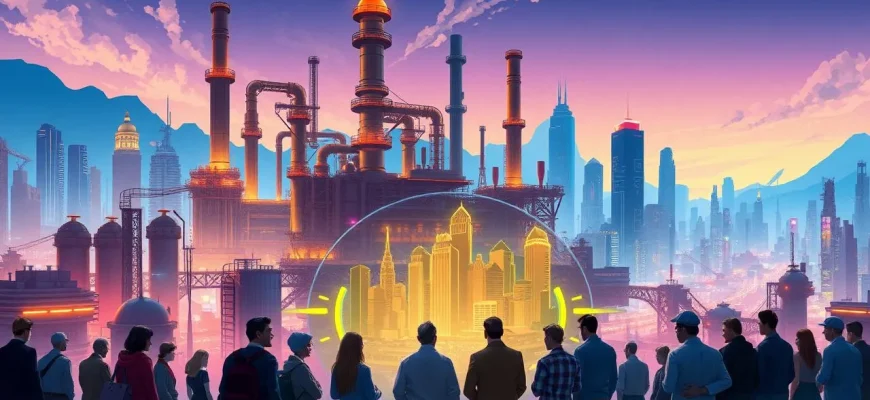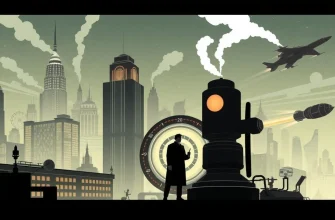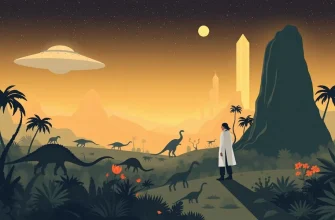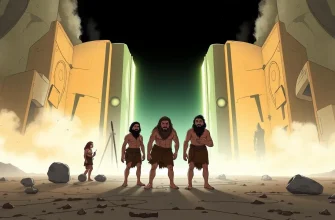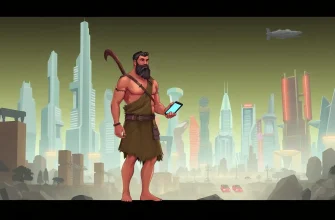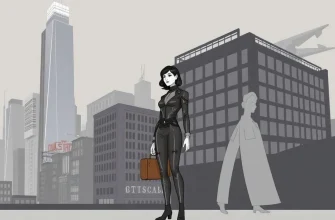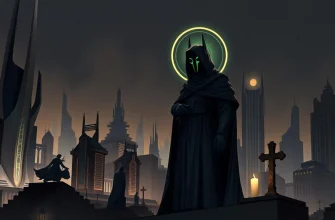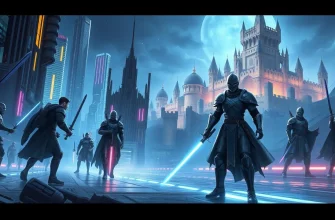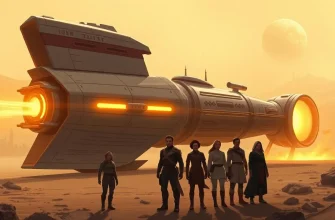In the realm of science fiction, the theme of industrialization often serves as a backdrop for exploring humanity's relationship with technology, progress, and the environment. This curated list of 10 films delves into the world of futuristic factories, automated cities, and the societal implications of unchecked industrial growth. Each film offers a unique perspective on how industrialization shapes our world, making this collection a must-watch for anyone fascinated by the intersection of technology and society.

Metropolis (1927)
Description: Fritz Lang's silent masterpiece envisions a dystopian future where the city of Metropolis is divided between the working class and the elite. The film's portrayal of industrialization is both awe-inspiring and terrifying, with towering skyscrapers and underground factories symbolizing the era's fascination with industrial might.
Fact: The film was one of the first to use special effects to create a futuristic cityscape, and its influence can be seen in countless sci-fi films that followed.
 Watch Now
Watch Now 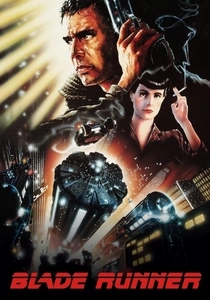
Blade Runner (1982)
Description: Set in a dystopian future Los Angeles, Ridley Scott's film showcases a world where industrial pollution and technological advancement have created a visually stunning yet bleak environment. The film's exploration of artificial intelligence and human identity is deeply intertwined with its industrial setting.
Fact: The film's iconic visual style was heavily influenced by the art of Syd Mead and the film noir genre.
 Watch Now
Watch Now 
Brazil (1985)
Description: Terry Gilliam's dark comedy explores a bureaucratic nightmare in a retro-futuristic world where technology and bureaucracy have run amok. The film's depiction of a society overwhelmed by industrial complexity and inefficiency makes it a poignant commentary on the potential pitfalls of industrialization.
Fact: The film was originally conceived as a short film for Monty Python, but evolved into a full-length feature.
 Watch Now
Watch Now 
The Matrix (1999)
Description: While not directly about industrialization, "The Matrix" uses the concept of a machine-controlled world to explore themes of reality, freedom, and human essence. The industrial aesthetic of the machines' world contrasts sharply with the human city of Zion.
Fact: The film popularized the concept of "bullet time" in action sequences, which has since become a staple in many action films.
 Watch Now
Watch Now 
A.I. Artificial Intelligence (2001)
Description: Steven Spielberg's take on a futuristic society where robots are part of everyday life, "A.I." delves into themes of industrialization through the lens of artificial beings. The film's setting reflects a world where technology has advanced to the point of creating sentient life.
Fact: The film was originally conceived by Stanley Kubrick, who passed the project to Spielberg before his death.
 Watch Now
Watch Now 
Equilibrium (2002)
Description: In a world where emotions are outlawed, "Equilibrium" presents a highly industrialized society where conformity is enforced through technology. The film's aesthetic is heavily influenced by the industrial and fascist themes of its setting.
Fact: The film was shot in Berlin, utilizing the city's post-war architecture to enhance its dystopian feel.
 Watch Now
Watch Now 
The Island (2005)
Description: Michael Bay's action thriller involves a facility where human clones are raised for organ harvesting, showcasing a highly industrialized and controlled environment. The film's setting is a stark reminder of the potential dark side of industrial progress.
Fact: The film's concept was inspired by the 1979 film "Parts: The Clonus Horror."
 Watch Now
Watch Now 
High-Rise (2015)
Description: Based on J.G. Ballard's novel, "High-Rise" explores the breakdown of society within a luxury high-rise building, reflecting on the social stratification and the effects of urban industrialization on human behavior.
Fact: The film's set was a meticulously designed replica of the building described in the novel, built specifically for the movie.
 Watch Now
Watch Now 
Elysium (2013)
Description: Neill Blomkamp's film depicts a future where the rich live on a space station while the rest of humanity struggles on an overpopulated, industrialized Earth. The stark contrast between the two environments highlights the disparity caused by industrial development.
Fact: The film was shot in Mexico City, which provided the perfect backdrop for the dystopian Earth setting.
 Watch Now
Watch Now 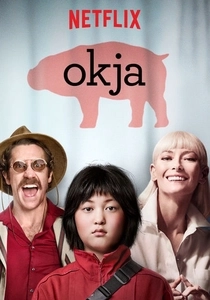
Okja (2017)
Description: Bong Joon-ho's film blends themes of industrialization with environmentalism, focusing on a multinational corporation's exploitation of a genetically modified super-pig. The film critiques the industrial food industry and its impact on both animals and the environment.
Fact: The film was shot in South Korea, Canada, and the United States, reflecting its global narrative.
 30 Days Free
30 Days Free 
